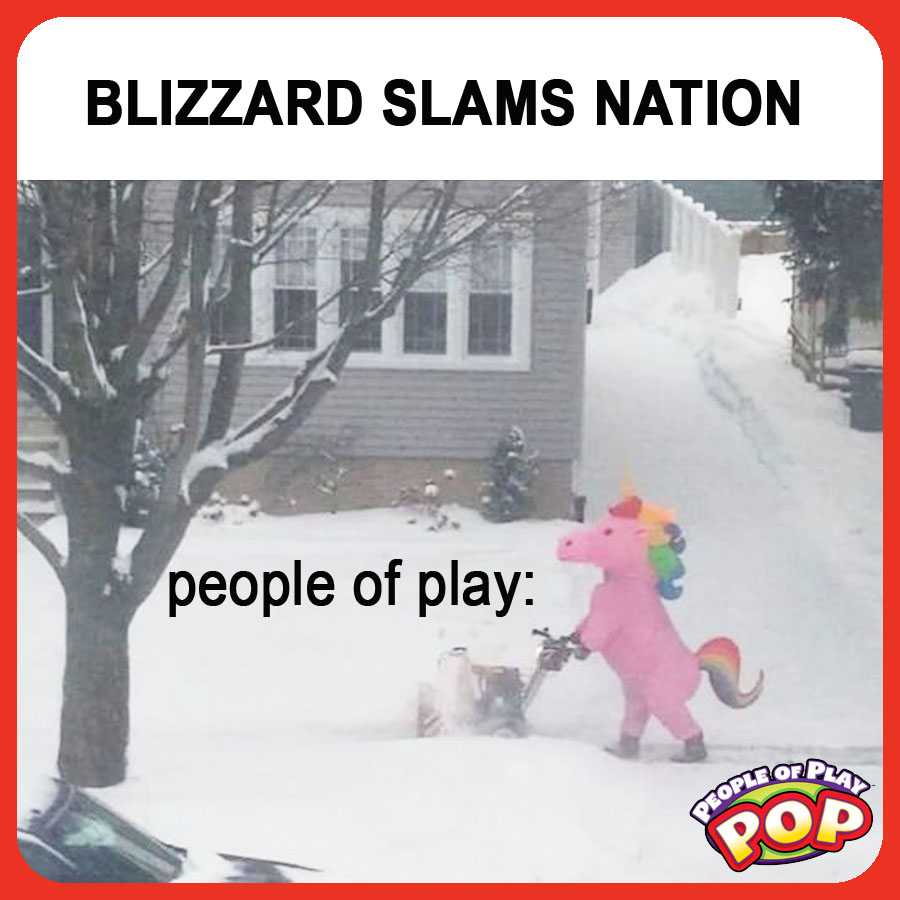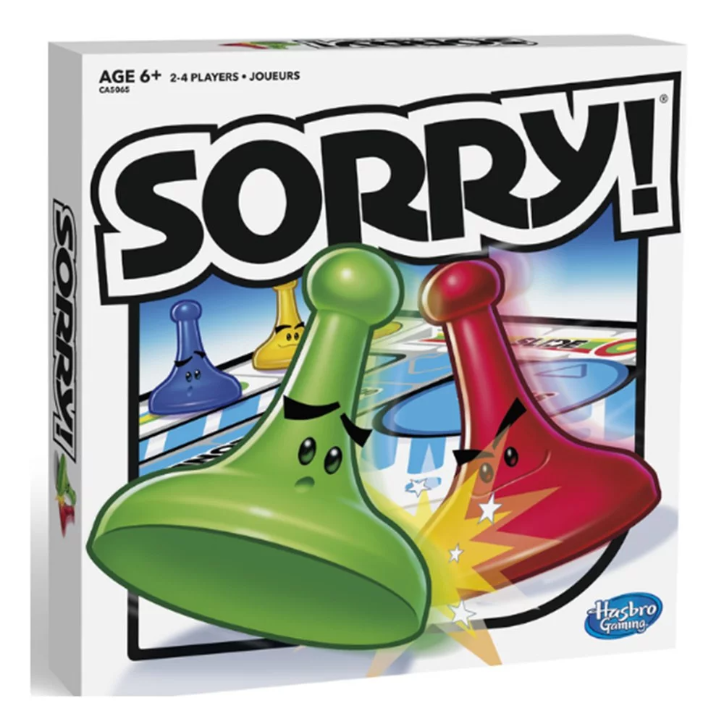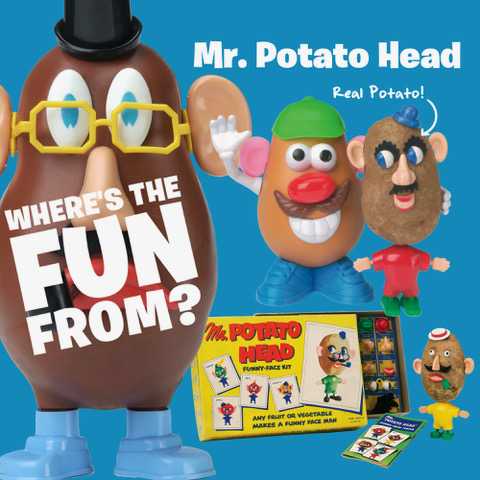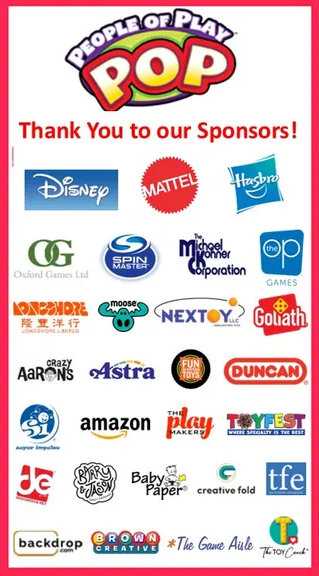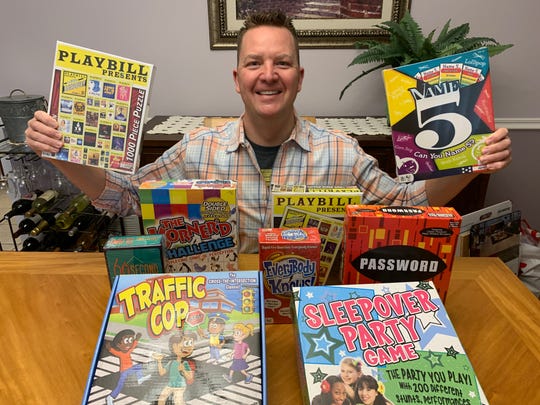Sorry!
Gameplay
The objective of Sorry! is to get all four of your colored pawns from their start space, all the way around the board, and back into their home space. It’s a 2-4 player game and is fun for any age!
The board is a square with each corner hosting a Start location and a Home location for the colors Red, Blue, Yellow, and Green. Each player draws a card at the beginning of their turn, and the card will direct the movement of the pawns. Cards will have a number on them, telling the player how many spaces to move, or the word Sorry! on it, meaning the player can take one of their pawns from their Start location and move it to the location of another player’s pawn, forcing the other player to move their pawn back to their Start location.
Other special cards include:
- 2: Move a pawn from Start or move a pawn 2 spaces forward. Players who draw a 2 get to go again!
- 7: Move one pawn 7 spaces forward or split the 2 spaces between two pawns
- 10: Move a pawn 10 spaces forward or 1 space backward. If none of the pawns can move forward, they must move backwards!
- 11: Move 11 spaces forward or switch the places of one of the player’s own pawns with another player’s pawns
The first player with all their pawns in their Home location wins!
History
Sorry! is older than you think! William Henry Storey of Southend-on-Sea filed the first patent for the game in England in May of 1929. It was sold in the United Kingdom by Waddingtons, a British games manufacturer. Storey also filed a patent in the United States the following year, which was issued in April 1922, and a Canadian patent in 1932. Sorry! was adopted by Parker Brothers in 1934, and it’s now published by Hasbro.
Variations
There’s a few different variations of Sorry!, including Point-Scoring Sorry!, Teams, Sorry! with Fire and Ice Power-Ups, as well as video, computer, and handheld electronic games.
Point-Scoring Sorry! came out in 1939 simply incorporates a point system. At the end of the game, each player earns a point for every pawn they get back to home.
Teams Sorry! is played in teams of two. The game is palyed as if two players had 8 pawns each—meaning if red and yellow are paired up, the red player can move yellow pawns as well as their own red pawns. If one of the players successfully gets all their pieces home, they can continue drawing and playing cards for their partner. The first partnership to get all their pawns home wins!
Sorry! with Fire and Ice Power-ups adds two new features to the game. A fire card allows a pawn to move ahead quickly before the player’s turn, and ice stops a pawn from being moved at all. Additionally, each player only has 3 pawns instead of 4, and a pawn can be moved out of the Start location with any even number card, and the Sorry! card has the alternative option of moving forward 4 spaces.
There’s an electronic version of Sorry! that was released in 1998 as a Sorry! computer game, and a handheld version was released in 1996.
Sorry! Express is a travel version of the game, and adds in 3 dice instead of cards. Each player rolls all three dice and gets one of four options on each die: color pawn:
- Color pawn – The player takes the corresponding color pawn from the start base and, if it matches up with the color of their home base, puts it in their home section. If not, they put in their waiting area. When there are no more pawns of a particular color in the Start base and a player rolls that same color, he can take that color pawn from another player's waiting area, not their Home section.
- Sorry! – Take a pawn from the home section of one player's home base and keep it.
- Wild Pawn – The player may take any color pawn from the Start base or waiting areas (not the Home section of another player) and keep it.
- Slide – Change either one's own Home section or someone else's Home section to a different color.
Finally, there’s a Sorry! Not Sorry! version of the game that is adult-themed. It adds in several “Have you ever…?” question cards, and if the player answers yes, both the player and the opponent move 6 spaces, and if the player answers no, they can only move 3 spaces.
Reception & Awards
Sorry! was included in Games magazine’s “Top 100 Games” list in 1980, 1981, and 1982. It was also featured in the “100 Best” category of Family Games.
Recent Blogs
Recent Blogs

Industry Commentary, Op-Ed
York-Jersey Underwriters’ Celebrates 100 years in Business!

Biographies and Interviews
Kevin Brougher talks Learning Games, Reindolphins and His Style of Music

Biographies and Interviews
Inventor Brad Ross on his off Broadway Play, JUST DESSERTS: A Musical Bake-Off
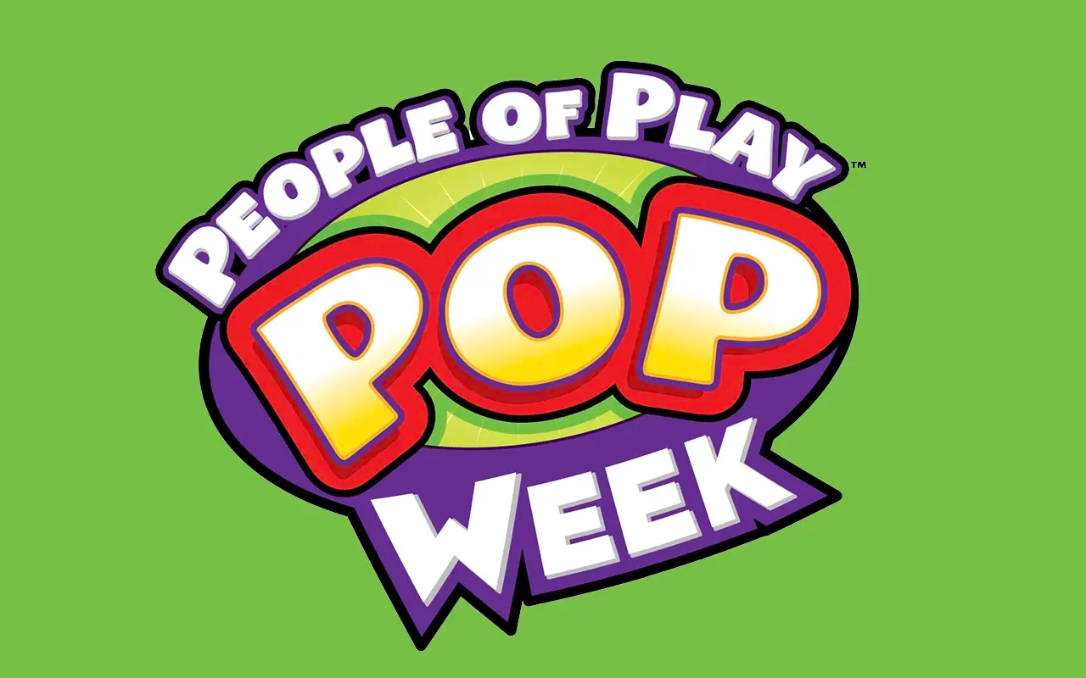
Press Release
People of Play™ Announces POP Week 2026 Dates, Returning to Chicago November 5-8

Biographies and Interviews
Interview on “One! The Evolution of Civilization” by Jay Horowitz – January 2026
See more
Recent Wiki
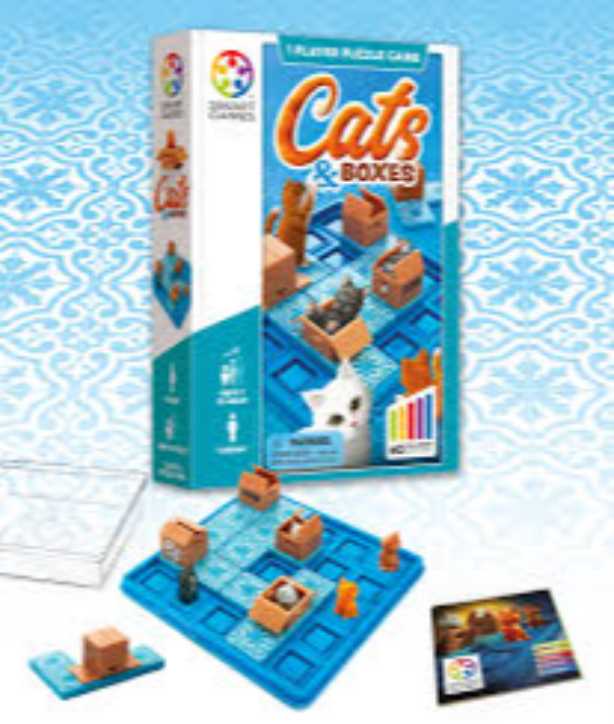
BOOK REVIEWS
Game Review: Cats & Boxes

PEOPLE
Ana Maria, Founder of The Magical Underland Inc., Rings in the Holidays with a new kind of Christmas Tree
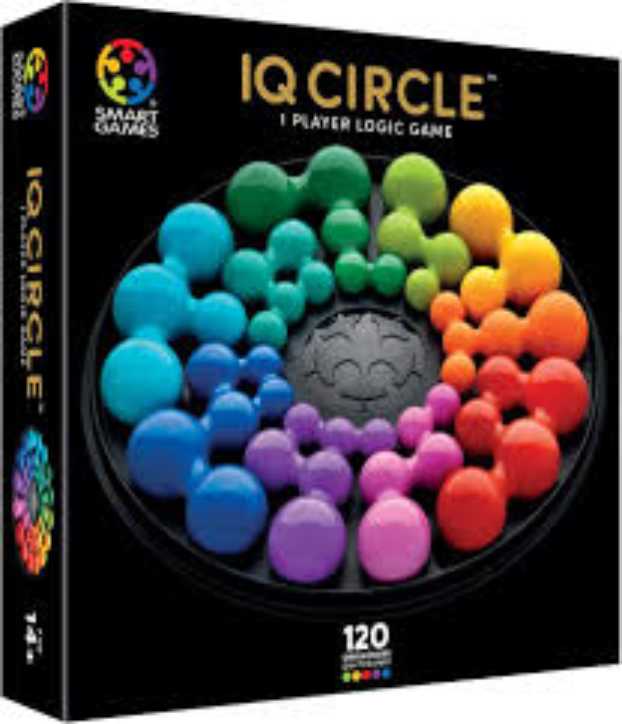
BOOK REVIEWS
Game Review: IQ Circle

PEOPLE
Catching up with Eric Olsen, The Inventor of Flip 7 and Co-Creator of Messy Table Games
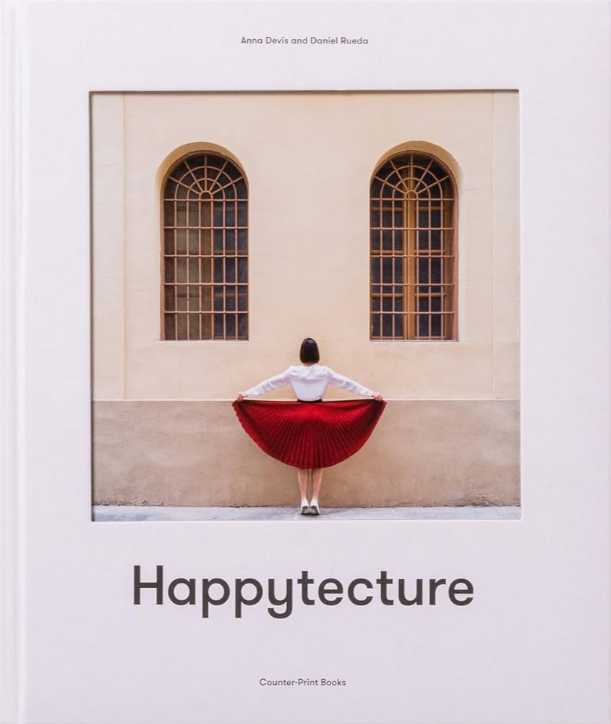
BOOK REVIEWS
Book Review: Happytecture by Anna Devís & Daniel Rueda
See more
POP's Got Talent

POP Entertainment
Randy Klimpert Shares his Ukulele Collection

POP Entertainment
Steve Casino Peanut Art
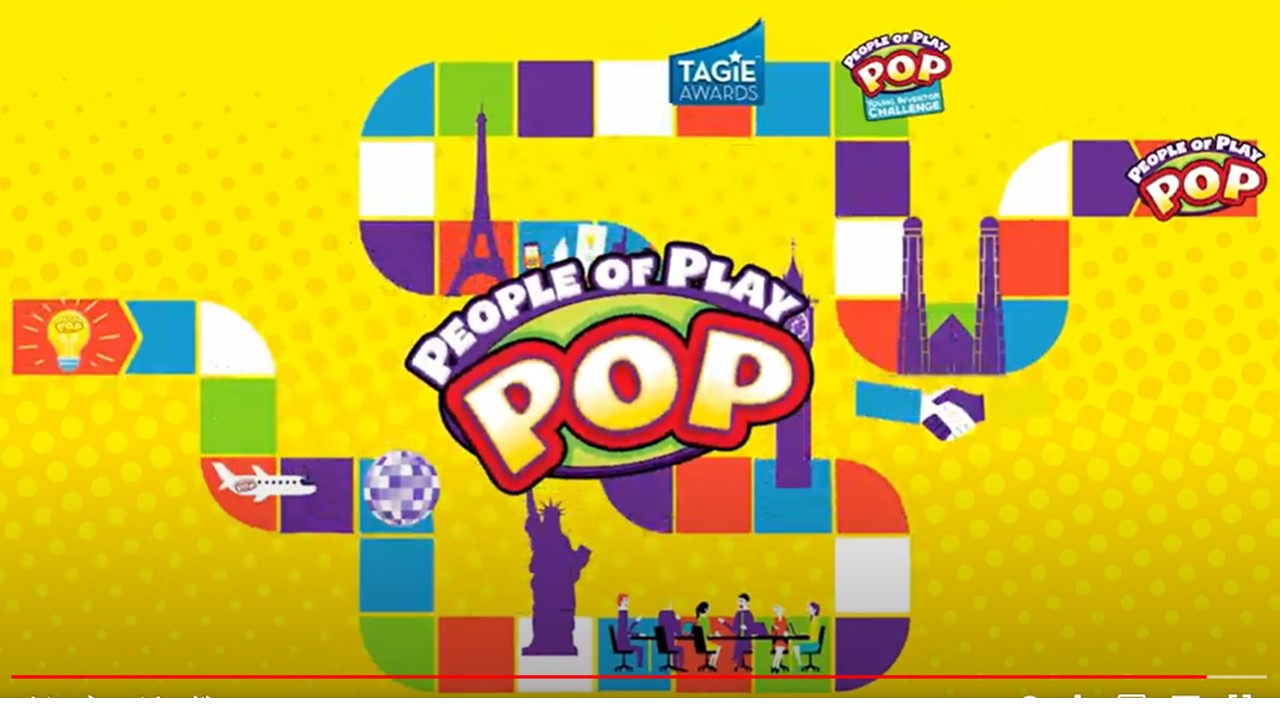
POP Entertainment
Everyone's Talking about POP!
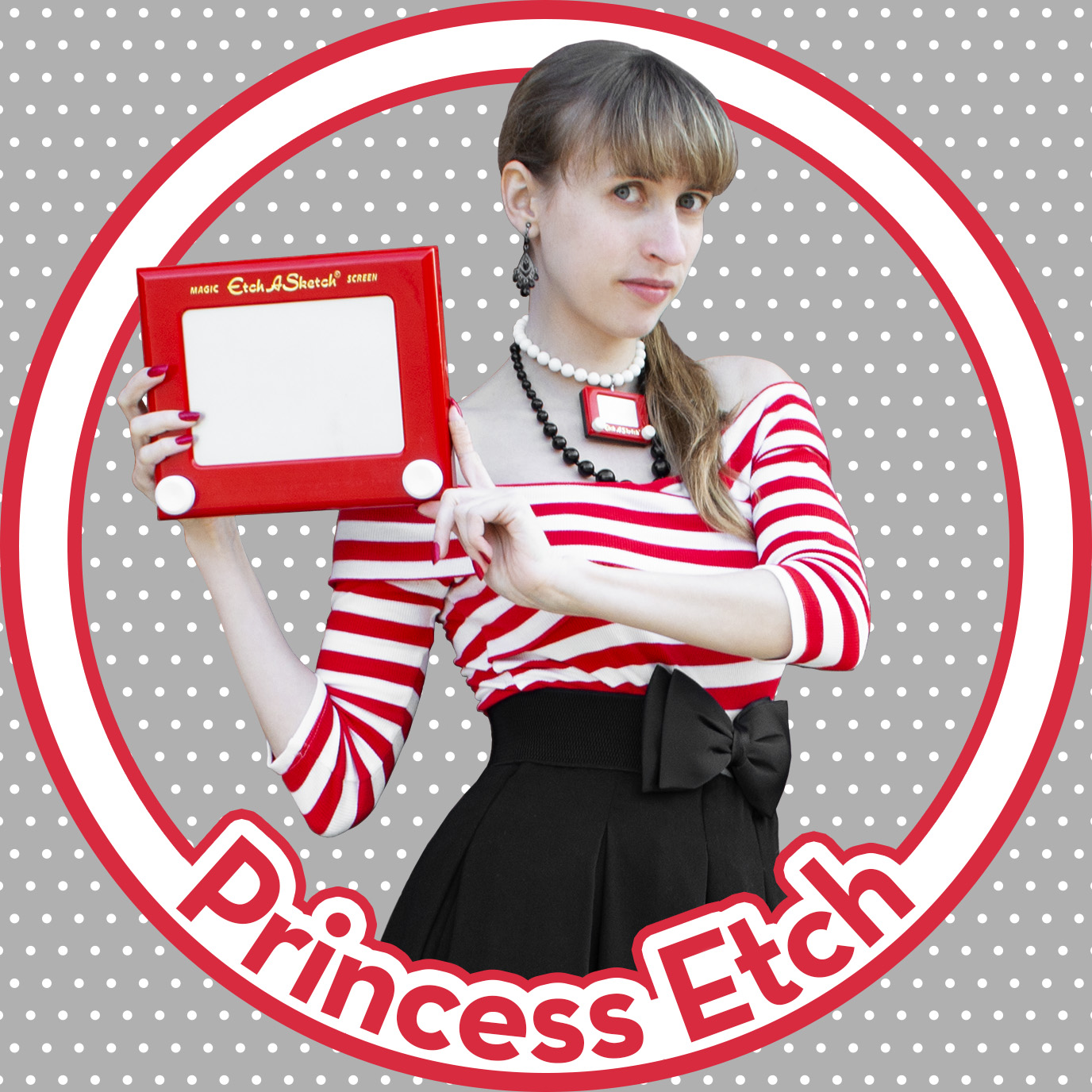
POP Entertainment
Princess Etch - a Multi-Talented Etch A Sketch Artist

POP Entertainment
Joseph Herscher of Joseph' s Machines.
See more
Recent POPcast
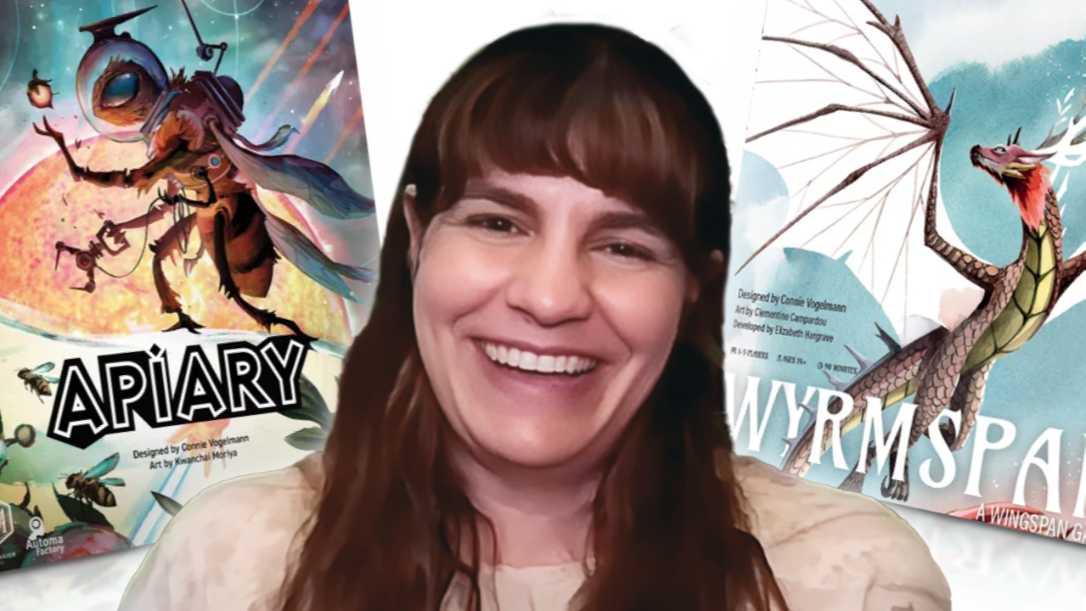
Hidden Role: The Brains Behind your Favorite Games
Connie Vogelmann designed Apiary & Wyrmspan!

Hidden Role: The Brains Behind your Favorite Games
Bob Fuhrer... Is THE Crocodile Dentist!

Hidden Role: The Brains Behind your Favorite Games
Tom Dusenberry... Bought Atari, Wizards of the Coast, and Avalon Hill!

Hidden Role: The Brains Behind your Favorite Games
Matt Leacock created Pandemic... the game!

Hidden Role: The Brains Behind your Favorite Games
Scott Brown and Tim Swindle... are Launching a New Sport!
See more
POPDuos

POPDuos: Interviews with Legends and Leaders
POPDuo: Richard Dickson, Mattel’s President & COO, and Kedar Narayan, Young Inventor Challenge AMB

POPDuos: Interviews with Legends and Leaders
POPDuo: Will Shortz and Josh Wardle

POPDuos: Legends and Leaders Explore Creativity
POP Duo: Elan Lee, Co-Founder, Exploding Kittens.and Jeff Probst, Host and Exec Producer, Survivor

POPDuos: Legends and Leaders Explore Creativity
POP Duo: David Fuhrer, MNG Director, Blue Sq Innovations & Shawn Green, past Dodgers & Mets MLB Star

POPDuos: Legends and Leaders Explore Creativity
POP Duo: Bob Fuhrer, Founder, Nextoy and Tom Fazio, Golf Course Designer
See more
